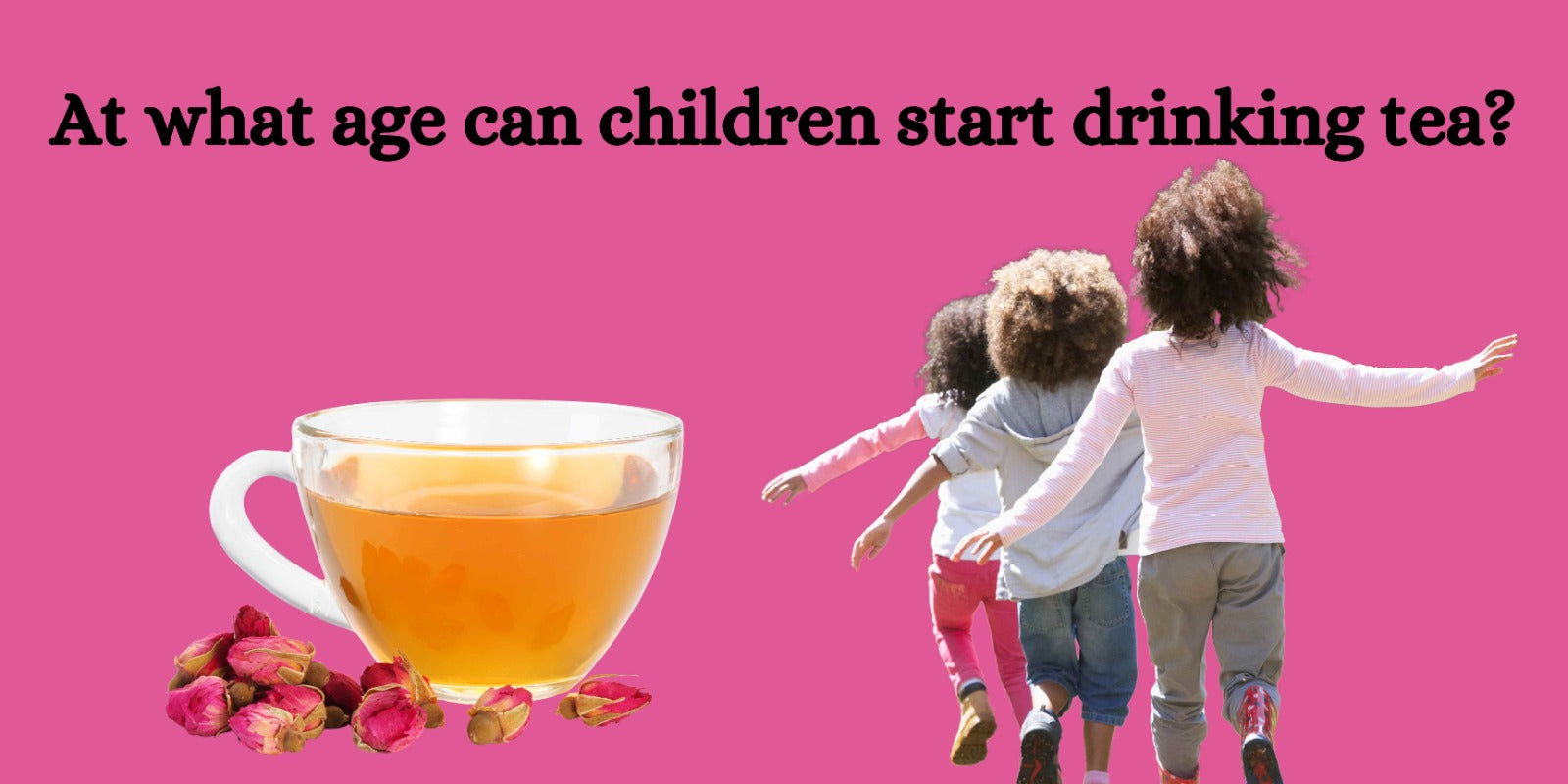When it comes to starting the day, both tea and coffee are popular morning beverages. They help wake us up, get us energized, and improve focus. But the question remains: which one is more effective in the morning—tea or coffee? Let’s break it down and see what each has to offer and which drink might be better for you.
1. Caffeine Content: Tea vs. Coffee
The most obvious difference between tea and coffee is their caffeine content.
- Coffee: A typical cup of coffee contains around 95 mg of caffeine, making it a powerful stimulant. For many, this is the main reason they drink coffee first thing in the morning. The caffeine in coffee acts quickly, providing a fast energy boost and helping with alertness.
- Tea: Tea, on the other hand, has much less caffeine. A cup of black tea contains around 40-50 mg of caffeine, while green tea has about 20-30 mg. Tea gives a gentler boost, with caffeine being released more slowly into the bloodstream. This results in a more steady and long-lasting energy boost compared to coffee.
2. Energy Boost and Jitters
Coffee delivers a quick spike in energy, which can be great if you need to wake up fast. However, this can sometimes lead to the dreaded "caffeine crash," where your energy dips sharply a few hours later. For some people, the high caffeine content in coffee can also lead to jitters, anxiety, or an upset stomach.
Tea, with its lower caffeine levels, offers a smoother energy boost. The caffeine is absorbed more gradually, and it also contains an amino acid called L-theanine, which helps promote calm and focus. As a result, tea can provide alertness without the jittery side effects that some experience with coffee.
3. Health Benefits
Both tea and coffee have health benefits, but they differ slightly.
- Coffee is rich in antioxidants, which help protect cells from damage. It has also been linked to a lower risk of conditions such as type 2 diabetes, Parkinson’s disease, and heart disease when consumed in moderation. However, too much coffee can lead to issues like increased heart rate, digestive problems, or trouble sleeping.
- Tea also contains plenty of antioxidants, particularly polyphenols, which have anti-inflammatory properties. Green tea, in particular, is known for its high levels of catechins, which are beneficial for heart health, metabolism, and overall wellness. Additionally, tea is gentler on the stomach and less likely to cause digestive upset than coffee.
4. Which is Better for You?
The effectiveness of tea or coffee in the morning depends largely on your personal needs and preferences:
- If you need a quick energy boost and don’t mind the possibility of feeling jittery, coffee might be the better choice.
- If you prefer a gentler, longer-lasting boost without the risk of crashing, tea could be more suitable.
If you’re sensitive to caffeine or looking for a drink with added relaxation benefits, tea is probably a better fit. On the other hand, if you thrive on high energy and are looking for a stronger wake-up call, coffee will be more effective.
Conclusion
Both tea and coffee have their own unique benefits in the morning. Coffee offers a quick and powerful caffeine kick, while tea provides a smoother, more sustained energy boost. Ultimately, the best choice depends on what you’re looking for: instant alertness or steady focus. Whether you’re a coffee lover or a tea enthusiast, both drinks can be a great way to start your day!




